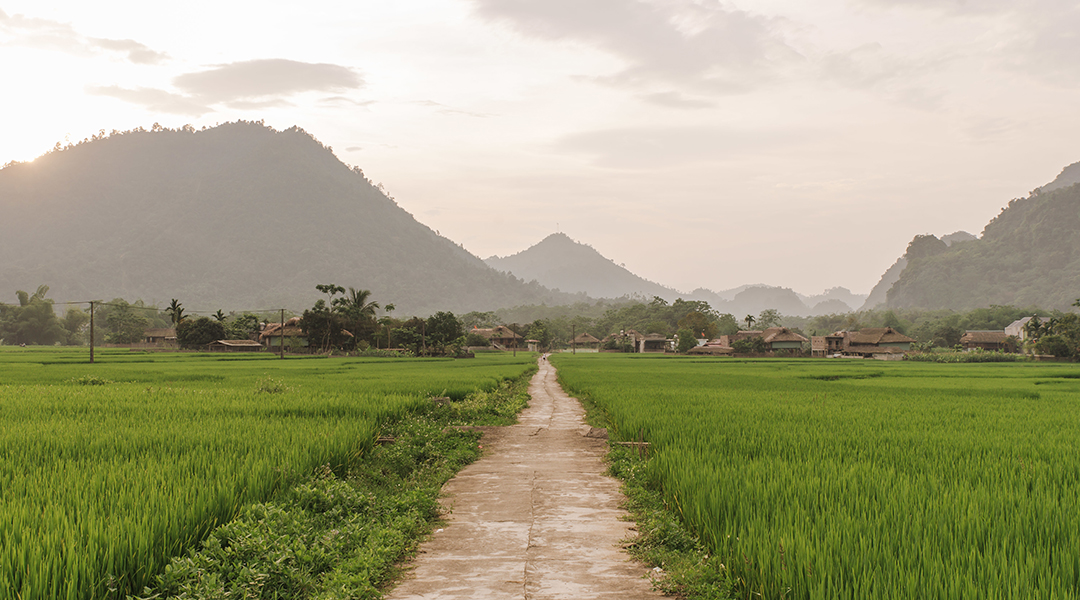
Global Food Crisis Spurs Surge in Demand for Indonesian Agricultural Commodities
Introduction
As the world grapples with supply chain disruptions, climate shocks, and rising food insecurity, nations are increasingly looking to reliable producers for staple commodities. For Indonesia—a large exporter of rice, palm oil, and other agricultural products—this presents a strategic opportunity. With a projected rice surplus, strong palm oil production, and government-backed initiatives, Indonesia may become a key supplier in the global food market.
In this article we’ll explore: why the global food crisis is real, how Indonesia stands to benefit, what this means for Indonesian farmers and agribusiness, and how equipment suppliers can position themselves to serve this export surge.
Why the Global Food Crisis Matters
-
Global food prices and key commodity availability have been volatile due to the Russia-Ukraine conflict, climate change, and export restrictions from major producers.
-
Countries are increasingly reducing food imports and seeking domestic production or trusted exporters. For example, Indonesia is preparing to stop imports of rice, corn for feed, sugar, and salt by 2025.
-
For exporters like Indonesia, this means growing international demand and enhanced strategic importance.
Indonesia’s Position: Strengths & Opportunities
1. Rice Surplus & Export Readiness
Indonesia is on track to achieve up to a 12 million-ton surplus of rice this year, potentially making it a major rice exporter.
This surplus opens doors for export agreements and strengthens Indonesia’s role in global food security.
2. Strong Agricultural Growth
The food crop subsector in Indonesia grew 42.62% in early 2025, showing robust performance in rice and corn.
Such growth underpins Indonesia’s ability to scale up and meet external demand.
3. Plantation Commodities with Global Reach
Indonesia remains a dominant supplier of palm oil, which plays into global vegetable-oil supply chains.
As global food and commodity markets shift, Indonesia’s plantation sector may capitalize on this new landscape.
Implications for Farmers & Agribusiness
✅ Enhanced Market Access & Higher Prices
With global demand rising, Indonesian farmers (especially those producing rice, oil palm, and other staples) stand to benefit from stronger export markets and better pricing opportunities.
✅ Need for Increased Mechanization & Efficiency
To meet higher production and quality standards, farmers will need better tools, machinery, and processing equipment. For instance, optimized harvesters, drying machines, and post-harvest processing can make a difference.
✅ Quality & Traceability Become Crucial
Export markets demand higher standards—uniform grading, sustainable certification, and proper logistics. Farmers and agribusiness players must adapt quickly.
✅ Government Support & Policy
With national strategies focusing on self-sufficiency and export growth, there may be funding, subsidies, and regulatory support for producers and equipment suppliers who align.
Challenges & Risks to Consider
-
Infrastructure & Logistics: Exporting at scale demands good infrastructure—from farm to port.
-
Sustainability & Environmental Compliance: Producers must meet global standards for certification and avoid deforestation or other issues.
-
Volatility of Global Markets: While demand is high now, commodity markets can shift quickly.
-
Mechanization Gap: Many smallholder farmers still operate manually or with outdated equipment, which limits scalability.
Recommendations for Equipment Suppliers & Stakeholders
For a company like Istana Machineries, this global opportunity translates into actionable steps:
-
Highlight Machinery for Export-Grade Production: Showcase equipment for drying, grading, packaging, harvesting, suitable for export quality standards.
-
Focus on Mechanization & Efficiency Solutions: Offer cost-effective solutions for small-medium producers to upgrade.
-
Align With Sustainability Messaging: Emphasize how your equipment helps meet international standards (less waste, higher yield, cleaner processing).
-
Create Content & Frameworks Around Export Opportunities: Educate your audience about export demand, global markets, and how they can tap into them.
Conclusion
The global food crisis is creating a powerful tailwind for Indonesian agriculture. With surplus rice, strong growth in food crops, and a strategic position in plantation commodities, Indonesia is well-placed to become a go-to exporter.
For farmers and agribusinesses, the moment demands upgrading production, ensuring quality, and accessing global markets. For equipment suppliers and mechanization vendors, this is the moment to scale, educate, and serve.
Buy the Best machines at Istana Machineries
We understand your need for practical, economical, and durable agricultural tools. That’s why every product we offer has passed strict quality selection.
🔍 View all our products here:
👉 https://istanamachineries.com/produk
📞 Consult directly with our team:
Get the best machine recommendation for your specific needs.
